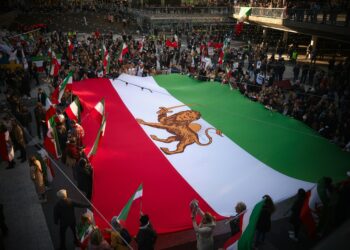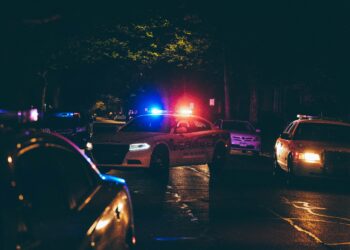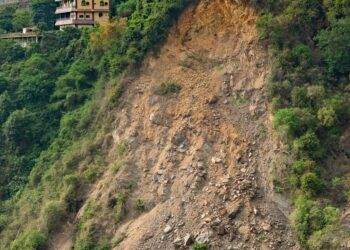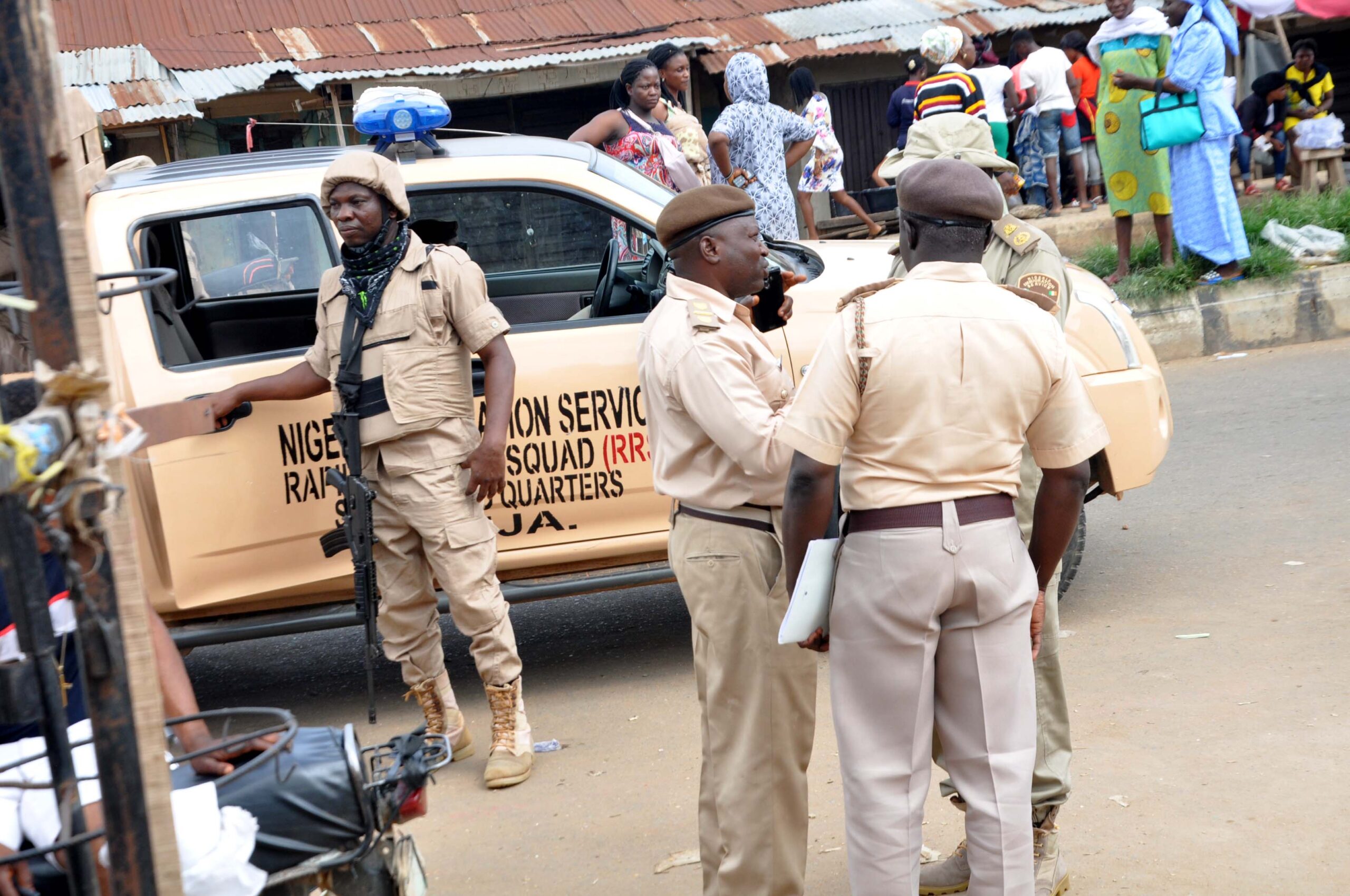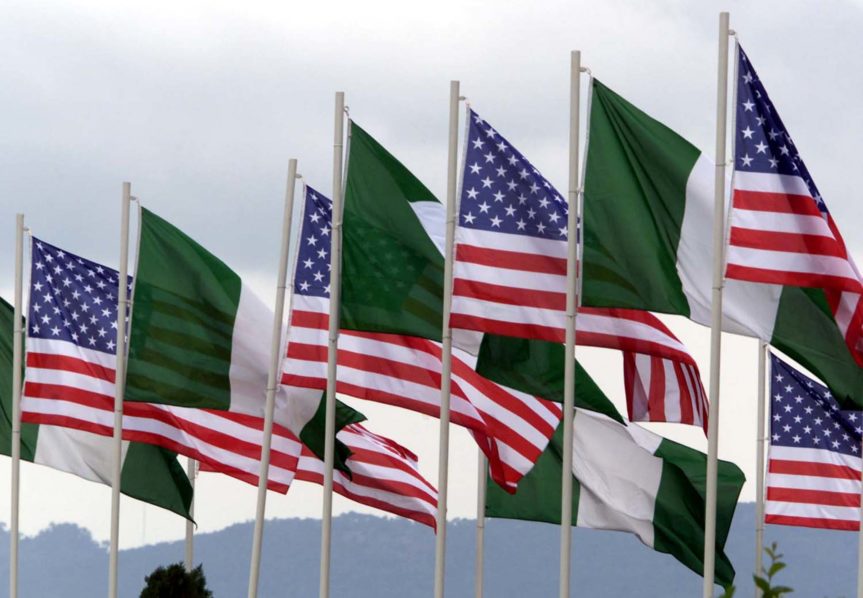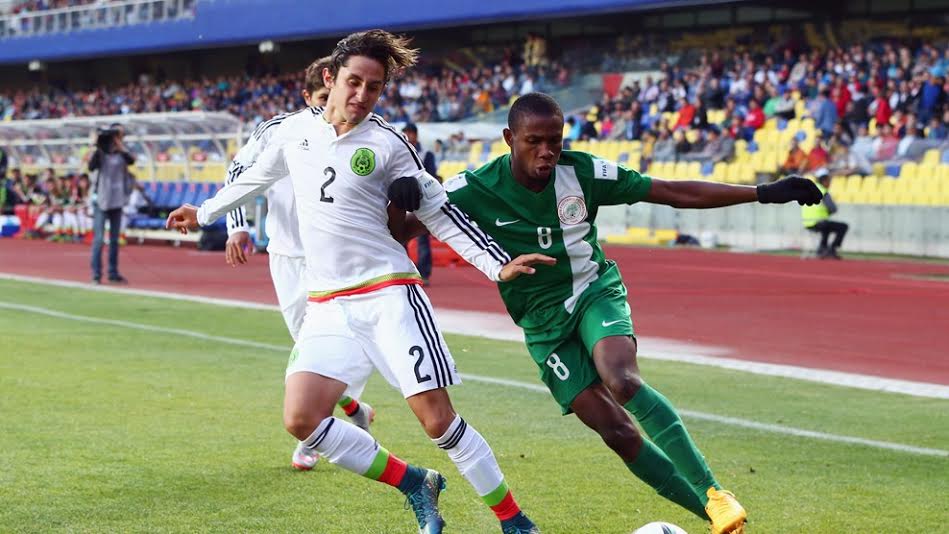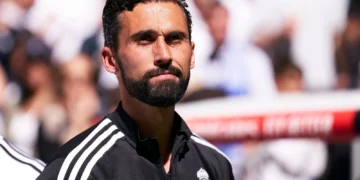Over 90 million people are eligible to vote in the election, which is taking place as Africa’s most populous democracy struggles with a security problem, a slow economy, and growing poverty.
For the first time in modern Nigerian history, a third contender has emerged to oppose the ruling All Progressives Congress (APC) and the main opposition Peoples Democratic Party (PDP) (PDP).
With Buhari stepping down after two terms, the APC’s Bola Tinubu, 70, a former Lagos governor and political kingmaker, declares that “it’s my turn” to run for president.
He will face a familiar foe in PDP contender and former Vice President Atiku Abubakar, 76, who is running for the presidency for the sixth time.
But, the sudden appearance of a third candidate appealing to youthful people, Labour Party’s Peter Obi, 61, has opened the race for the first time since the end of military rule in 1999.
This year, about 10 million new voters registered, the majority of them are under the age of 34, constituting a sizable bloc if they vote.
Currency and petrol shortages in the run-up to the election have also made many Nigerians furious and struggling more than normal in a country already plagued by more than 20% inflation.
Voters will also cast ballots for Nigeria’s two legislative bodies, the National Assembly and the Senate.
To win the presidency, a candidate must not only receive the most votes but also receive 25% of the vote in two-thirds of Nigeria’s 36 states.
If no candidate wins, a runoff between the two frontrunners will be held, an unprecedented scenario that some analysts believe is possible this time around.
The regulations reflect a country that is virtually evenly divided between a mostly Muslim north and a predominantly Christian south, as well as three major ethnic groups spread across the country: Yoruba in the southwest, Hausa/Fulani in the north, and Igbo in the southeast.
Historically, presidential elections have been marred by violence, ethnic tensions, vote-buying, and fights between supporters of opposing parties.


